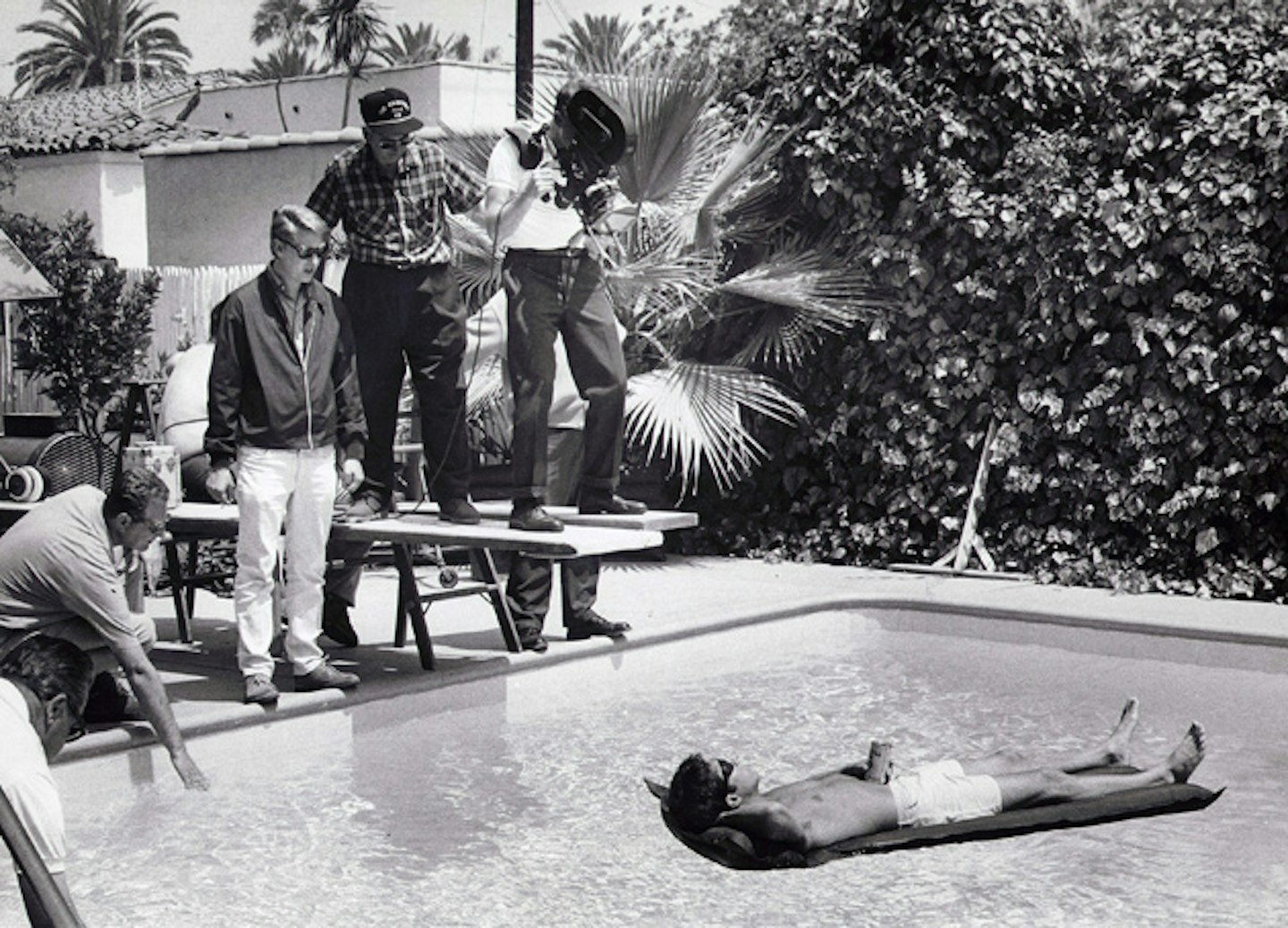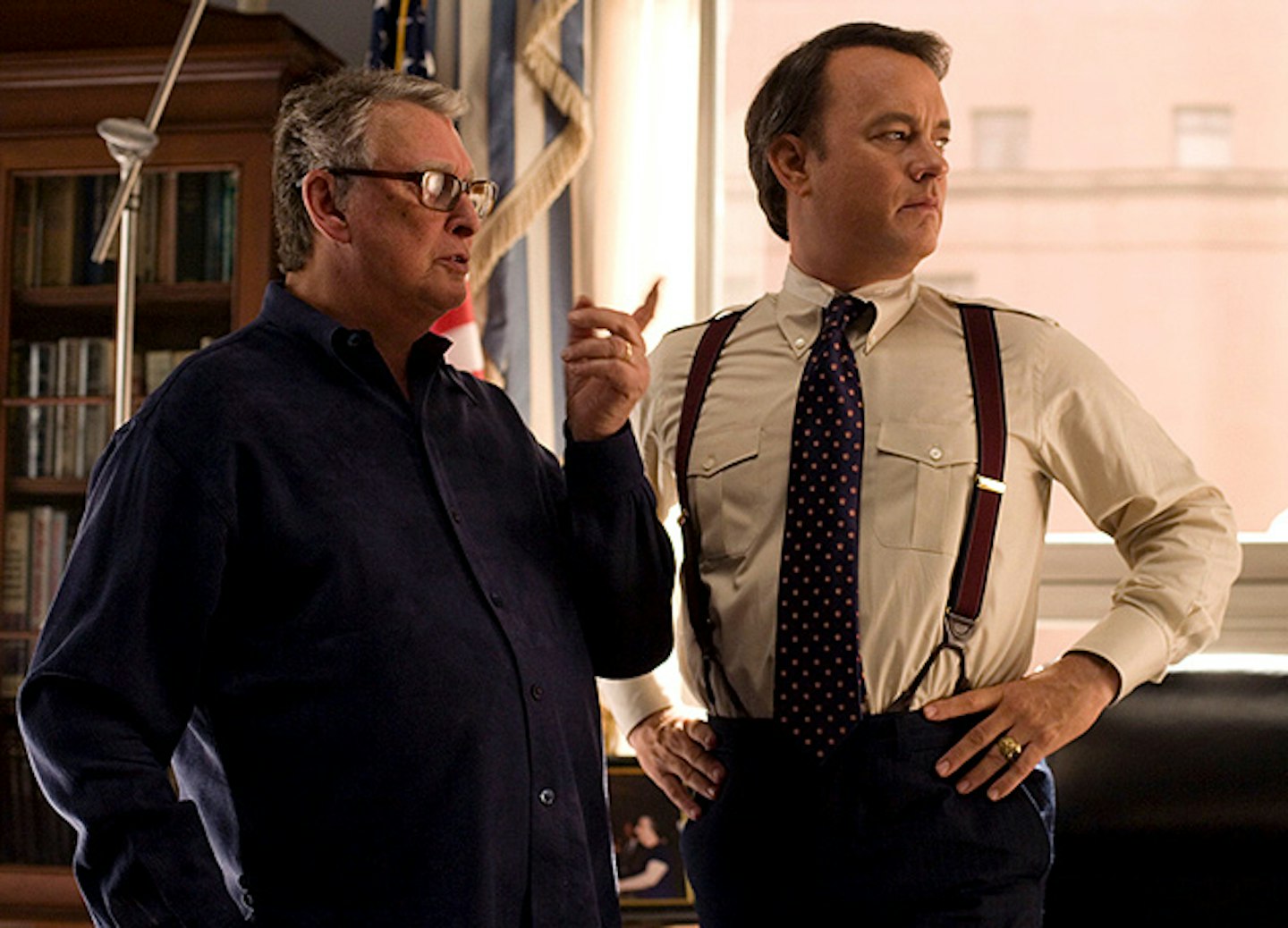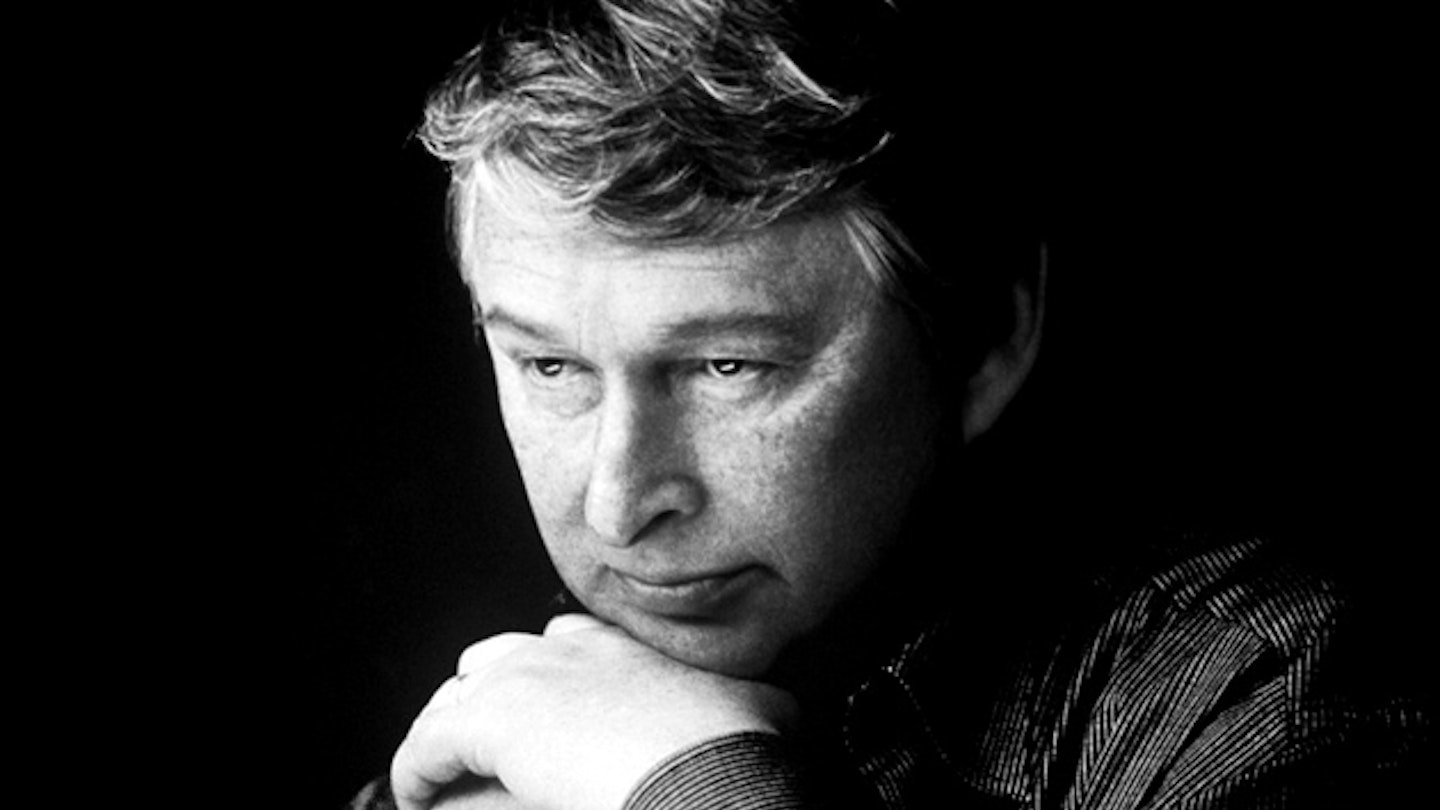Mike Nichols, the stage director and Oscar-winning filmmaker behind The Graduate, has died. He was 83.
Among his many achievements, Nichols laid claim to being one of the only creative people to have scored all four major entertainment industry awards – an Emmy, Grammy, Oscar and Tony – but it’s the Oscar for The Graduate on that groaning statuette shelf that he’ll be best remembered for. It’s a film that has grown with age, earning a place in the movie pantheon as a zeitgeist-capturing snapshot of late ‘60s America.
Born Mikhail Igor Peschkowsky in Weimar Berlin, the son of a Russian Jewish doctor, Nichols escaped the Nazis in 1938 with his younger brother. Reunited with his family in New York – and with an Americanised surname – the newly naturalised Nichols went on to study at the University of Chicago. It was there that he discovered a passion for the dramatic arts. Rather than following his father’s footsteps into medicine, he turned to the theatre, adapting August Strindberg plays, hobnobbing with Susan Sontag and eventually winding up at Lee Strasberg’s famous Actors Studio in Gotham.
Following a spell in improvisation comedy, Nichols found his calling in 1963. His direction of Neil Simon's Barefoot In The Park won him a Tony Award and convinced him to pursue directorial work. There followed another Simon play, The Odd Couple, with Art Carney and Walter Matthau as its leads, and another Tony.
Within three years, Nichols was on the cover of Time magazine and had become a bona fide filmmaker with Who’s Afraid of Virginia Woolf?, a collision of tempers, booze and marital decline that was temptestuous on and, thanks to its stars Elizabeth Taylor and Richard Burton, off screen.

Shooting Dustin Hoffman in The Graduate
Its five Oscar nods and box-office grosses pushed Nichols straight into the Hollywood big time. Grandly acclaimed “the new Orson Welles”, he struck gold again with The Graduate, before turning in an ambitious adaptation of Catch-22 that caught the spirit, if not the unit-shifting popularity of Joseph Heller’s novel.
If the initial bravura successes of the ‘60s weren’t quite matched by the following decade – Carnal Knowledge, The Day of the Dolphin and The Fortune – Nichols bounced back in 1983 when the Meryl Streep-starring **Silkwood **picked up $35 million and five Academy Awards nominations.

On set of Charlie Wilson's War with Tom Hanks
The filmmaker’s command of tone and pacing enabled him to shapeshift through the decades in a way that’s defeated lesser directors. With Working Girl (1988) and Regarding Henry (1991) he made yuppie-era dramas that suggested that greed might be good, but being nice was better, while **Closer **(2003) and HBO's AIDS-based drama Angels In America (2004) were brimming with social concerns and troubled souls. His final film, Charlie Wilson’s War (2007), broadened his scope into a semi-satirical jab at US foreign-policy. With a good script and gifted actors, he was still as sharp as ever – even at 76.
Nichols is survived by his wife, ABC News presenter Diane Sawyer, and three children.
